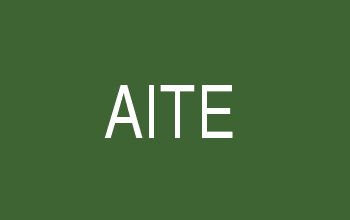
This course description is indicative, and only for reference purposes. The course is not scheduled unless advertised in our calendar. If you are interested in this course, or require a customized course that is similar to this, please note that fees start from USD 25,000 for a two-week course. This fee is for a customized course for ten or fewer participants. For additional participants, the fee is USD 2500 per participant.
For these fees, the client may customize the course to the precise needs of the client's organization. Scheduling will be in consultation with the client.
Participants: Project officials, developers and managers in both public and private sector organizations, and NGO officials engaged in development projects.
Course Brief:
This course aims to enhance the knowledge and develop the skills of participants in analyzing risks and hazards to human health and welfare, structures and ecosystems resulting from developmental impacts on the environment, and to assess means of reducing these risks. The course focuses on assessment frameworks, hazard identification, hazard accounting or scoping, environmental auditing and safety measures to minimize risk. It also includes ERA tools and use of ERA results.
The course case analysis includes public awareness in waste management and hospital waste, industrial waste and radioactive waste management. The study visits are organized to hospital, solid waste and wastewater treatment and disposal system, toxic and hazardous waste treatment plant, meeting with community leader affected by industrial waste and regulatory organizations.
Tentative Course Contents:

Please fill out all information below and you will receive an email within a 24 hour period for any further questions please fillup the form and our scheduling department and they will assist you.